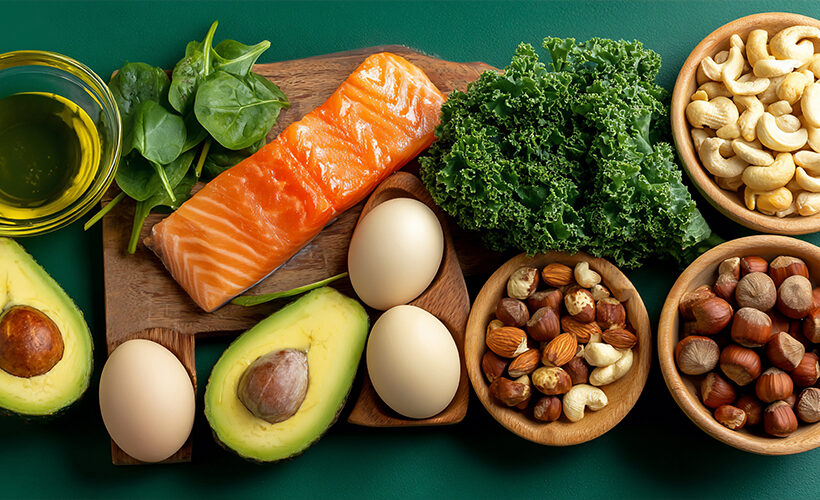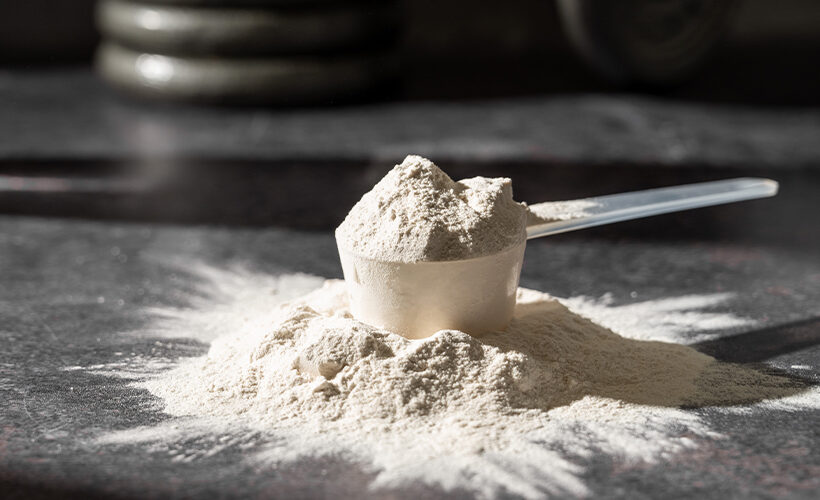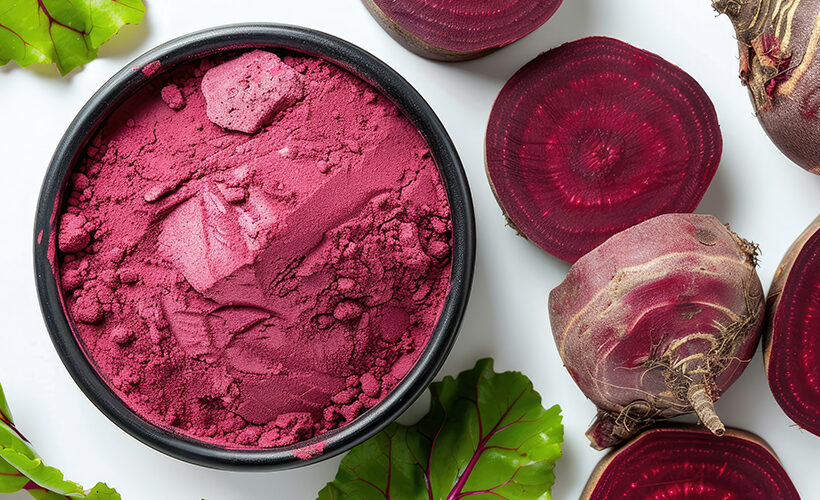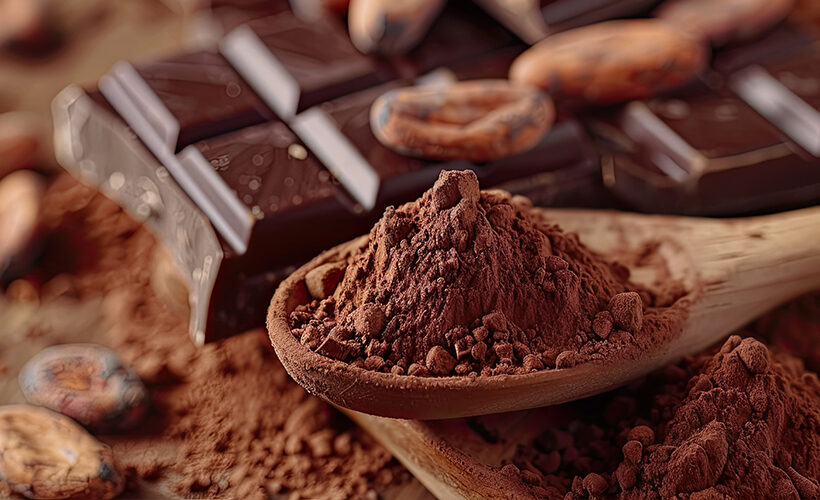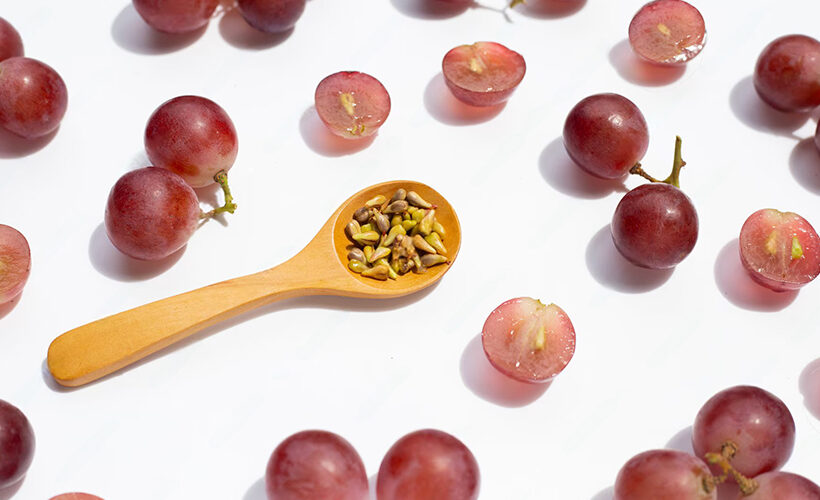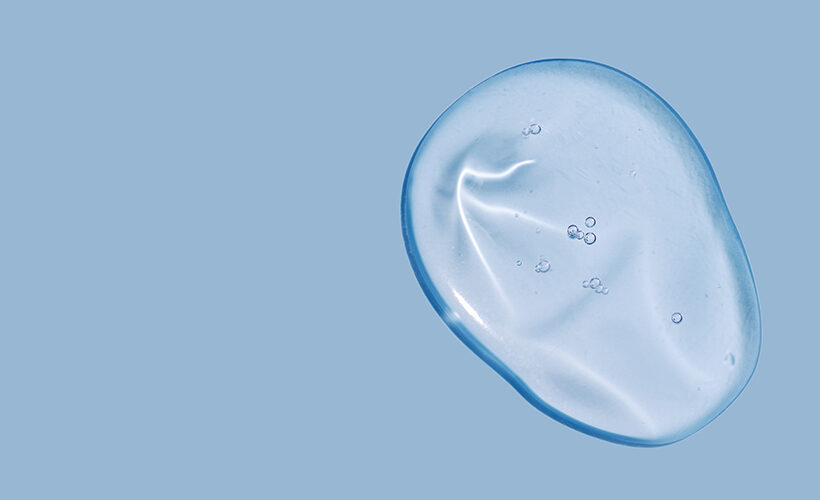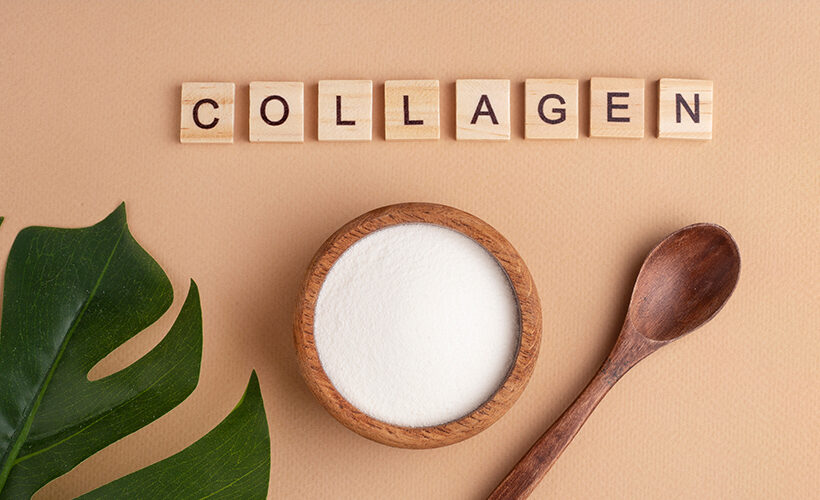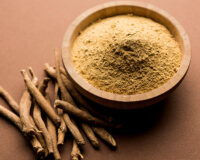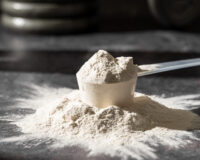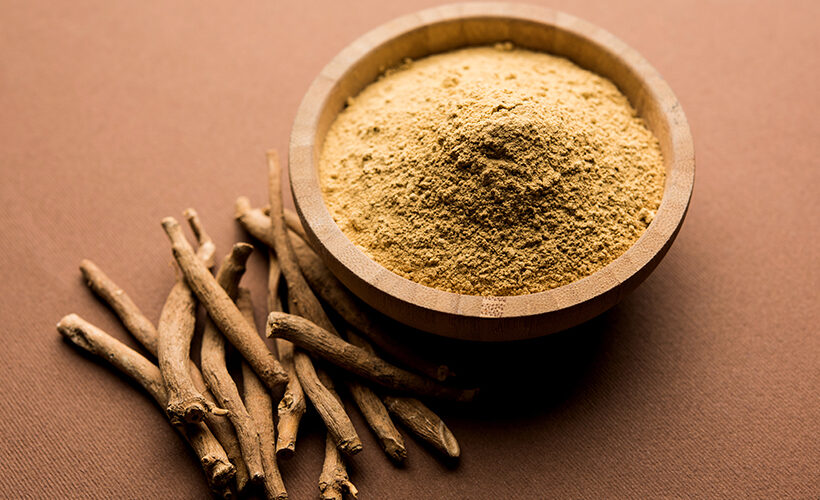
How Adaptogens Like Ashwagandha Help Manage Stress and Boost Energy?
How Adaptogens Like Ashwagandha Help Manage Stress and Boost Energy? Ashwagandha is a versatile adaptogen with benefits that go far beyond stress management. It plays a pivotal role in supporting various aspects of health, including hormonal balance, cognitive function, stamina, and physical performance. By regulating cortisol levels and enhancing the body’s resilience to physical, emotional, and mental challenges, Ashwagandha promotes overall well-being and vitality, making it an essential herb for modern lifestyles. What is Ashwagandha? Ashwagandha, scientifically known as Withania somnifera, is a staple in Ayurvedic medicine. This small evergreen shrub grows in Asia and Africa, and its name reflects its unique scent; “ashva” means horse, and “gandha” means smell in Sanskrit, referencing its strong aroma. (1) Often referred to as Indian ginseng, Ashwagandha functions as an adaptogen, helping the body adapt to and manage physical, emotional, and mental stress. (2, 3) Key Benefits of Ashwagandha for Men’s Health For over 6,000 years, Ashwagandha has been used for various health concerns. Modern studies have highlighted its potential in managing stress, enhancing sexual function, improving athletic performance, supporting cognitive health, and much more. While initial findings are promising, further clinical research is needed to confirm many of its benefits. (2, 5) Stress Management Ashwagandha is widely recognized for its stress-relieving properties. By reducing cortisol levels, it helps alleviate the body’s response to stress. This adaptogenic action promotes a sense of calm and reduces the negative physical effects of chronic stress. (3) Mood Enhancement Ashwagandha is a mood-boosting powerhouse. Studies show it helps reduce irritability, anxiety, and stress while enhancing serotonin levels, which regulate mood and aggression. This adaptogen also balances dopamine receptors, improving emotional equilibrium. (6) Improved Sleep Ashwagandha promotes better sleep by improving sleep efficiency, total sleep time, and reducing sleep latency, the time it takes to fall asleep. Its active compound, triethylene glycol, has been linked to drowsiness, helping improve overall sleep quality. (7) Testosterone and Hormonal Balance Ashwagandha has been found to boost luteinizing hormone levels, which stimulate testosterone production. Higher testosterone levels contribute to increased libido, improved reproductive health, and better overall vitality in men. (8) Cognitive Health Known for its neuroprotective effects, Ashwagandha enhances memory, focus, and overall brain function. By reducing oxidative stress, it helps protect against cognitive decline while promoting nerve cell growth. (9) Hair Health Stress-induced hair loss can be mitigated by Ashwagandha’s cortisol-lowering properties. Additionally, its anti-inflammatory effects help alleviate scalp irritation, dandruff, and itching, while antioxidants and amino acids strengthen hair follicles. (10) Boosting Stamina and Performance Ashwagandha is a go-to herb for boosting stamina, treating lethargy, and improving sexual performance. Its ability to enhance blood flow is particularly beneficial for libido, and its stress-reducing properties are vital for restoring sexual desire. (11) Physical Performance and Recovery Ashwagandha enhances physical endurance and reduces fatigue. Balancing cortisol levels and promoting mitochondrial health, Ashwagandha improves energy levels and reduces oxidative stress, leading to better cellular health and faster recovery post-exercise. (3) Blood Sugar Regulation Ashwagandha helps stabilize blood sugar levels by improving insulin sensitivity and secretion. This antihyperglycemic property is beneficial in managing stress-induced blood sugar spikes. (12) Muscle Mass, Strength, and Recovery Research indicates that Ashwagandha can significantly improve muscle mass and strength. Its cortisol-lowering effects support muscle growth, while its anti-inflammatory properties enhance recovery, making it an excellent supplement for fitness enthusiasts. (13) Final Thoughts Ashwagandha, especially in its KSM-66 form, is a comprehensive solution for stress relief, cognitive enhancement, and physical vitality. KSM-66 is the world’s most concentrated and bioavailable form of Ashwagandha. This full-spectrum root extract, developed using a proprietary “Green Chemistry” process, ensures maximum potency and purity without the use of chemical solvents. Unlike traditional Ashwagandha products that may contain both leaves and roots, KSM-66 uses only the roots, delivering a superior adaptogenic experience. (4) Ruokamill’s ProBlend+ for Men & Seniors incorporates KSM-66 Ashwagandha to offer unparalleled health benefits. By integrating this adaptogen into your daily routine, you can unlock a healthier, more balanced lifestyle. References: Sharma, L., Maurya, B., & Rai, S. P. (2023). An overview of biotechnological interventions and abiotic elicitors on biomass and withanolide biosynthesis in Withania somnifera (L.) Dunal. Industrial Crops and Products, 193, 116238. https://doi.org/10.1016/j.indcrop.2023.116238 Singh, N., Bhalla, M., de Jager, P., & Gilca, M. (2011). An overview on ashwagandha: a Rasayana (rejuvenator) of Ayurveda. African journal of traditional, complementary, and alternative medicines : AJTCAM, 8(5 Suppl), 208–213. https://doi.org/10.4314/ajtcam.v8i5S.9 Office of Dietary Supplements – Ashwagandha: Is it helpful for stress, anxiety, or sleep? (n.d.). https://ods.od.nih.gov/factsheets/Ashwagandha-HealthProfessional/ What is KSM66 | KSM Ashwagandha. (n.d.). https://ksm66ashwagandhaa.com/what-is-ksm66.php Guo, S., & Rezaei, M. J. (2024). The benefits of ashwagandha (Withania somnifera) supplements on brain function and sports performance. Frontiers in Nutrition, 11. https://doi.org/10.3389/fnut.2024.1439294 Ambiye, V. R., Langade, D., Dongre, S., Aptikar, P., Kulkarni, M., & Dongre, A. (2013). Clinical Evaluation of the Spermatogenic Activity of the Root Extract of Ashwagandha (Withania somnifera) in Oligospermic Males: A Pilot Study. Evidence-based Complementary and Alternative Medicine, 2013, 1–6. https://doi.org/10.1155/2013/571420 Cheah, K. L., Norhayati, M. N., Husniati Yaacob, L., & Abdul Rahman, R. (2021). Effect of Ashwagandha (Withania somnifera) extract on sleep: A systematic review and meta-analysis. PloS one, 16(9), e0257843. https://doi.org/10.1371/journal.pone.0257843 Wiciński, M., Fajkiel-Madajczyk, A., Kurant, Z., Kurant, D., Gryczka, K., Falkowski, M., Wiśniewska, M., Słupski, M., Ohla, J., & Zabrzyński, J. (2023). Can Ashwagandha Benefit the Endocrine System?-A Review. International journal of molecular sciences, 24(22), 16513. https://doi.org/10.3390/ijms242216513 Choudhary, D., Bhattacharyya, S., & Bose, S. (2017). Efficacy and Safety of Ashwagandha (Withania somnifera (L.) Dunal) Root Extract in Improving Memory and Cognitive Functions. Journal of dietary supplements, 14(6), 599–612. https://doi.org/10.1080/19390211.2017.1284970 Yerram, C., Jillella, A., & Reddy, V. (2023). Effects of Withania somnifera root extract serum application on hair health in healthy adults: A prospective, double-blind, randomized, parallel, placebo-controlled study. Journal of Ayurveda and integrative medicine, 14(6), 100817. https://doi.org/10.1016/j.jaim.2023.100817 Chauhan, S., Srivastava, M. K., & Pathak, A. K. (2022). Effect of standardized root extract of ashwagandha (Withania somnifera) on well-being and sexual performance in adult males: A randomized controlled trial. Health science reports, 5(4), e741. https://doi.org/10.1002/hsr2.741 Udayakumar, R., Kasthurirengan, S., Mariashibu,
